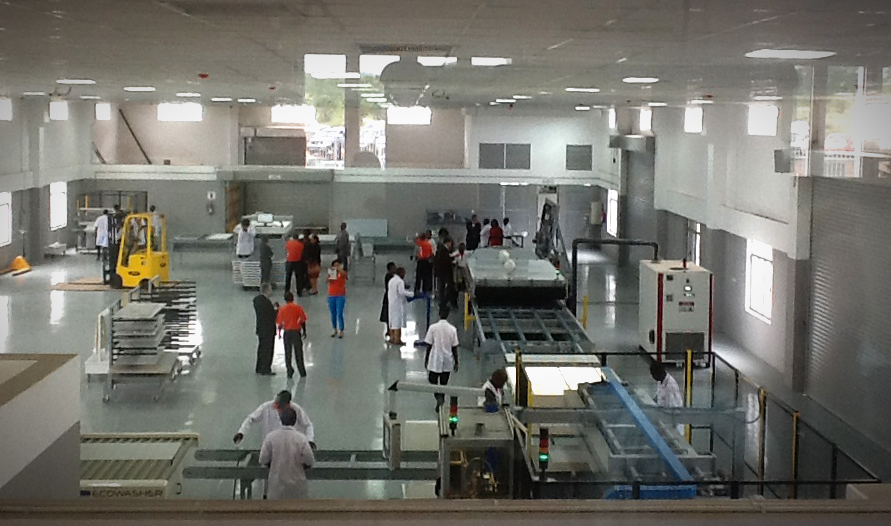Ecoprogetti, Italian PV turn-key production line provider, has just completed the installation of a 200 MW PV module manufacturing line in the Philippines.
The manufacturing line is flexible to produce both 60 and 72 cell modules, including Ecoprogetti-made electroluminescence (EL) and current (IV) tester. The line has production capacity higher than 100 modules/hour and requires low and easy maintenance.
The company is looking for newer emerging markets around the world, and seems quite aggressive in its efforts to capture the market.
One of the emerging solar markets is Indonesia. Up to now there are still 10,000 isolated villages, almost 15 million people in the country have no proper access to electricity. For such markets, off-grid systems have high potential. Therefore, Indonesia's President wants the solar programs.
Seeking the opportunity, Ecoprogetti had signed the order for 20 MW fully automated line in September 2017. The company describes it as a young market, but full of possibilities and the local need of energy is very high due to many islands and poor network.
Commenting on the project, Laura Sartore, Managing Director, Ecoprogetti, told pv magazine, “We are now finalizing the production and shipment of the goods to Indonesia. I confirm that the line is going to be installed and finalized in December 2017.”
Popular content
The equipment manufacturer produces all the PV module line equipment from cell tester to IV tester in-house. The line has the similar facilities as Philippines module line with the production capacity higher than 12 modules/hour. Sartore said, “because of complete line in-house production customers like Ecoprogetti. As they can procure the whole line from us, therefore, they have only one interlocutor – responsible for the line running and the process of producing PV modules.”
30 years into the business, Ecoprogetti feels it can deliver the right level of automation to each different emerging country. It can provide solutions according to the local conditions, workforce cost and working habits to have the fastest payback possible for the investor.
“We provide the full know-how transfer, and we teach them ‘how to make the PV modules’ with high European standards and in an efficient way which can allow them to be competitive in the market,” Sartore added.
The company is planning to enter Vietnam market in 2018.
This content is protected by copyright and may not be reused. If you want to cooperate with us and would like to reuse some of our content, please contact: editors@pv-magazine.com.


By submitting this form you agree to pv magazine using your data for the purposes of publishing your comment.
Your personal data will only be disclosed or otherwise transmitted to third parties for the purposes of spam filtering or if this is necessary for technical maintenance of the website. Any other transfer to third parties will not take place unless this is justified on the basis of applicable data protection regulations or if pv magazine is legally obliged to do so.
You may revoke this consent at any time with effect for the future, in which case your personal data will be deleted immediately. Otherwise, your data will be deleted if pv magazine has processed your request or the purpose of data storage is fulfilled.
Further information on data privacy can be found in our Data Protection Policy.